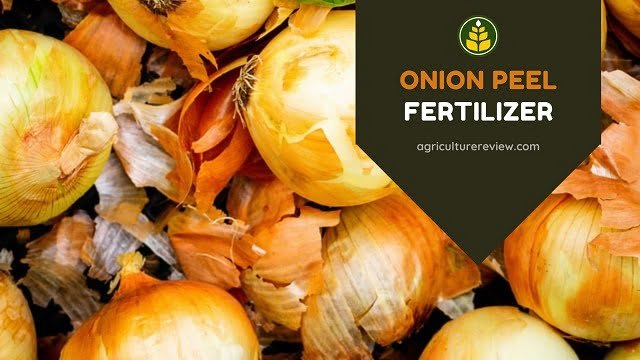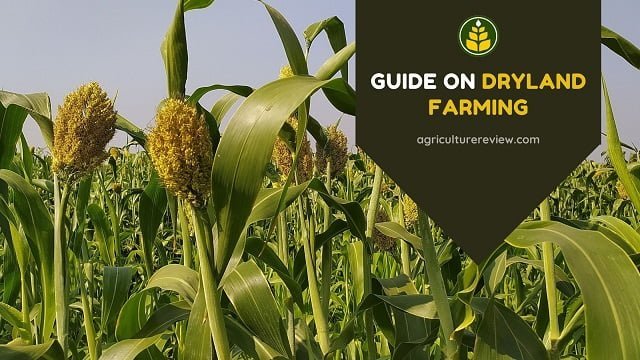From this ultimate guide you will get to know what is food, classification, food science, what is calorie, and calorific value of food.
Table of Contents
What Is Food?
Food is consumable solid or liquid substance which provides nourishment to body, supplies energy, enables tissue growth and regulates body functions.
Food should be safe and nutritious that meets all the dietary or nutritional needs of our body. One should take wide variety of food since each type food material has specific set of nutrients in it.
What Is Food Science?
Food science is the study of various properties of food material and scientific aspects relating to food processing, storage, spoilage, preservation and food fortification etc.
Functions Of Food
- Growth and development;
- Develop strong muscles, bones and teeth;
- Keep our bodies warm and give us energy;
- Keep our bodies healthy by helping our immune systems to prevent or fight disease;
- Repair or healing of injuries;
- Helps our brains to grow and function properly;
- Development and proper working of our organs: heart, kidneys, lungs, liver, etc.
You will also love reading them:
READ MORE: Guide To Farming Of Mushroom
READ MORE: Tillage Definition, Importance and Types
Classification Of Food

We can classify food on the basis of origin, chemical composition, prominent functions, and nutritive value.
Based On Origin
- Food of plant origin: Vegetables, fruits, cereals, pulses, dry fruits etc
- Food of animal origin: Milk, egg, fish, meat etc.
Based On Chemical Composition
- Proteins
- Fats
- Carbohydrates
- Vitamins & minerals
Based On Prominent Functions
Body building foods:
Proteins, Calcium and Iron (to less extent). Example- Milk, Pulses, Egg, Dry fruits, etc.

- Protein and some mineral nutrients will combine to build the body and keep it in good condition throughout life of an individual.
- They are found in every cell and components of enzymes.
- They provide material for growth (build tissue) , wear and tear of the tissue (repair tissue) and stimulate metabolism.
- Proteins are found both in animal and vegetable.
- Nutritive value of protein depends on their amino acid contents.
- Food of animal origin like milk and meat contain all essential amino acids.
Energy giving foods:
Carbohydrates sources like Cereals, sugar, Jaggery, roots and tuber vegetables, fats and oils.
- Carbohydrates and fats are energy giving foods.
- They occur in foods in different forms.
- The most common ones are starch , sugars and cellulose.
- Cereals have high starch content and provide the largest part of the carbohydrates are present in most Indian diets.
- Excess carbohydrates are stored in the form of fats in the body and as glycogen in the liver and muscles.
- Starchy fruits and vegetables such as potato, yams, tender jack fruit and bananas are also important sources of carbohydrates and minerals also.
- Fatty foods such as vegetables oils, vanaspati, butter and butter ghee, nuts, oilseeds and animal fats are concentrated sources of energy and therefore are very important.
- They also provide the body with fat soluble vitamins and help in their absorption and stored in adipose tissue of the body.
Protective foods:
Minerals and vitamins. Example- fruits, vegetables and milk.
- The nutrients like vitamins and minerals that work together to regulate the function of the body and protect it against infection.
- Vitamins are organic compounds present in small quantities in some food.
- They are needed in small amounts and are essential for health and well- being.
- Sodium is a mineral present in various food materials therefore it is easily available.
- Various minerals are present in our body tissues with highest concentration in the bones and teeth.
- Milk, green leaf vegetables are the best source of calcium.
- Iron is found in husks of grains, green leafy vegetables, eggs, pulses and meat.
Based On Nutritive Value
- Cereals
- Pulses
- Vegetables and fruits
- Nuts and oil seeds
- Milk and milk products
- Sugar and jaggery
- Animal related food ( meat, fish).
What Is Calorie?
Qualitative food requirements are estimated in terms of heat units called calories. A physiological calorie ( also called kilocalorie or Kcal ) is the amount of heat necessary to raise the temperature of one kilogram of water by one degree centigrade.
You can determine energy value of a food stuff by employing an instrument called as ‘’Bomb calorimeter’’.
Or
You can easily calculate by the analysis of foods for protein , fats and carbohydrate and by multiplication of the values with appropriate factors.
1 calorie = 4.184 Joules
Calorific Value Of Food
The energy needs of our body are met by the food we eat. When the body is at rest, it spends a certain amount of energy for essential physiological functions such as respiration, blood circulation, digestion, absorption and excretion or maintenance of body temperature etc.
The amount of energy thus spent when the body is at complete rest (both mentally and physically) is termed as basal metabolism. Basal metabolism is taken as the starting point for the calculation of the total energy requirement of individuals.
| Energy Giving Source | Actual Calorific Value |
|---|---|
| Carbohydrates | 3.15 to 4.2 calorie per gram |
| Fats | 9.3 calorie per gram |
| Proteins | 4.10 calorie per gram |
The total energy requirements of an individual is made up of two main components:
- Basal energy required for each vital functions as respiration, circulation, etc.
- Energy required for actual physical activities of the individual.





